IBM CHRO: AI is giving HR its ‘time in the sun’
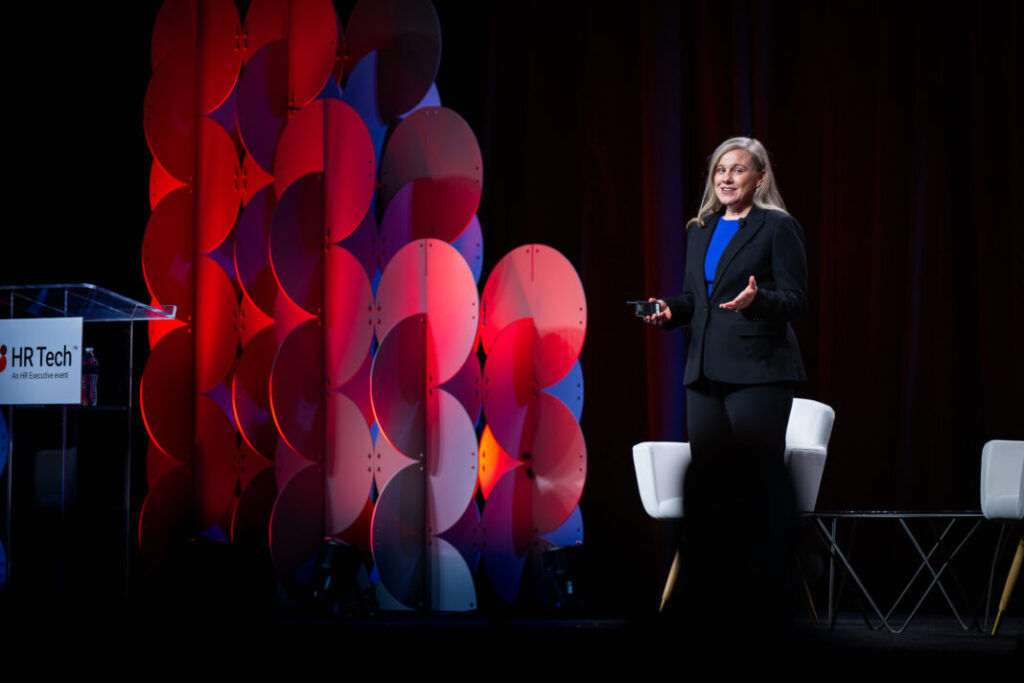
IBM’s AI in HR journey was a “rocky road,” but one that has highlighted the transformative power the tech is having on HR’s capacity for strategic leadership.
Graph intelligence: The new career GPS for Singapore’s workforce

From rigid career ladders to adaptive skill webs, graph technology is redefining career navigation and workforce planning.
The soul of the machine: Why human-led AI is the future of work

HR can unlock AI’s potential without losing humanity, says Milieu Insight’s Juda Kanaprach, by balancing technology with empathy and insight.
Purpose-driven and tech-powered: The new face of social services

As burnout rises, Anjan Ghosh of the National Council of Social Service (NCSS) says Singapore’s social service sector is rewriting the rules of talent with innovation at its core.
Singtel renews workforce training pact to strengthen AI skills across organisation

Singtel’s renewed training partnership with the Union of Telecoms Employees of Singapore (UTES) targets AI upskilling to prepare employees for evolving roles and industry demands.
When wellbeing moves to the boardroom: Rethinking leadership for sustainable performance

WorkWell Leaders’ Anthea Ong urges CEOs and boards to prioritise organisational wellbeing as new research confirms it is the strongest driver of performance.
Employers in Singapore take cautious hiring stance as global trade uncertainty persists

Singapore’s Q4 2025 hiring outlook softens to +20% as employers adopt cautious workforce strategies amid global trade uncertainties.
Deel report warns mounting financial pressures on Hong Kong workforce, calls for payroll innovation

As Hong Kong competes for talent, Deel’s 2025 Payday Expectations Report warns payroll modernisation is key to easing financial pressures.
Malaysia incentivises hiring senior employees amid ageing population concerns
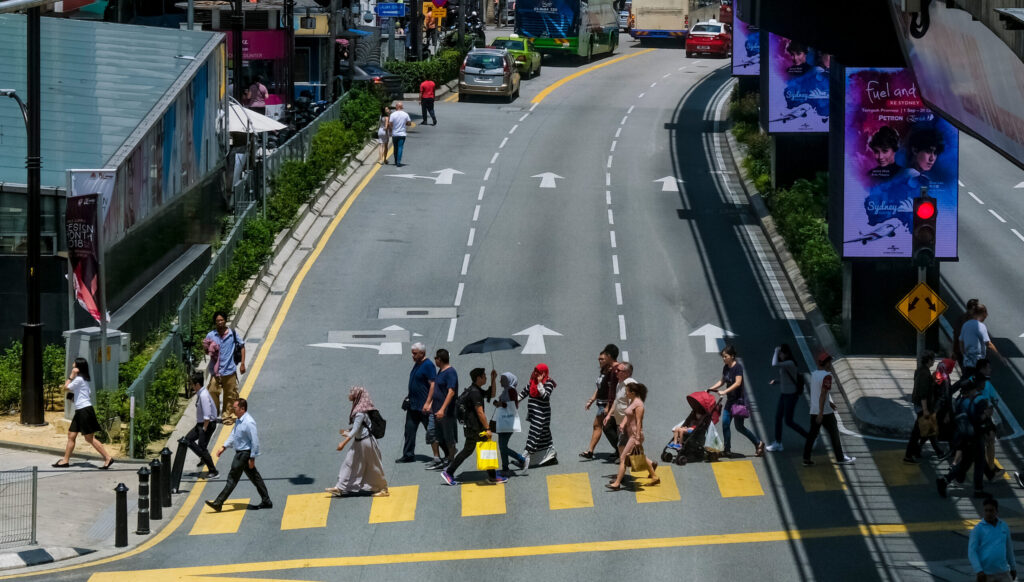
Malaysia targets ageing workforce challenges with tax perks for employers and restructured EPF withdrawals to ensure seniors’ income stability.
Beyond disruption: How top CHROs are shaping the workforce of tomorrow
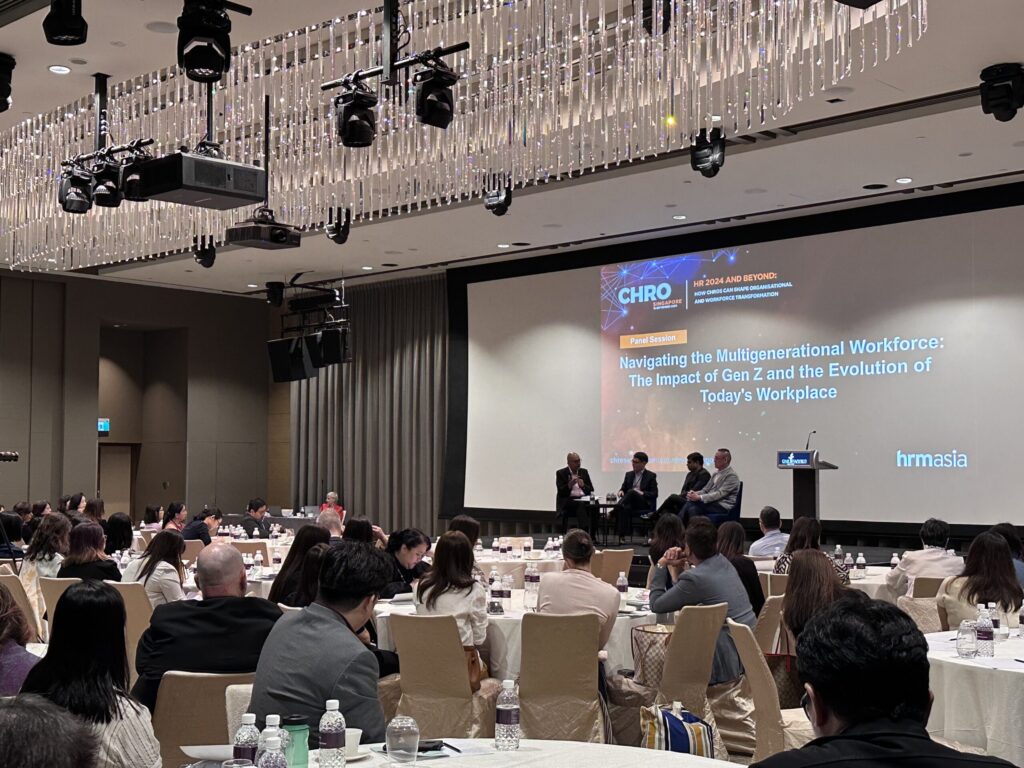
CHRO Series Singapore with Indeed unites HR leaders to tackle disruption, GenAI adoption, and strategies for building future-ready, resilient workforces.
Organisations in Singapore brace for slower hiring and wage growth
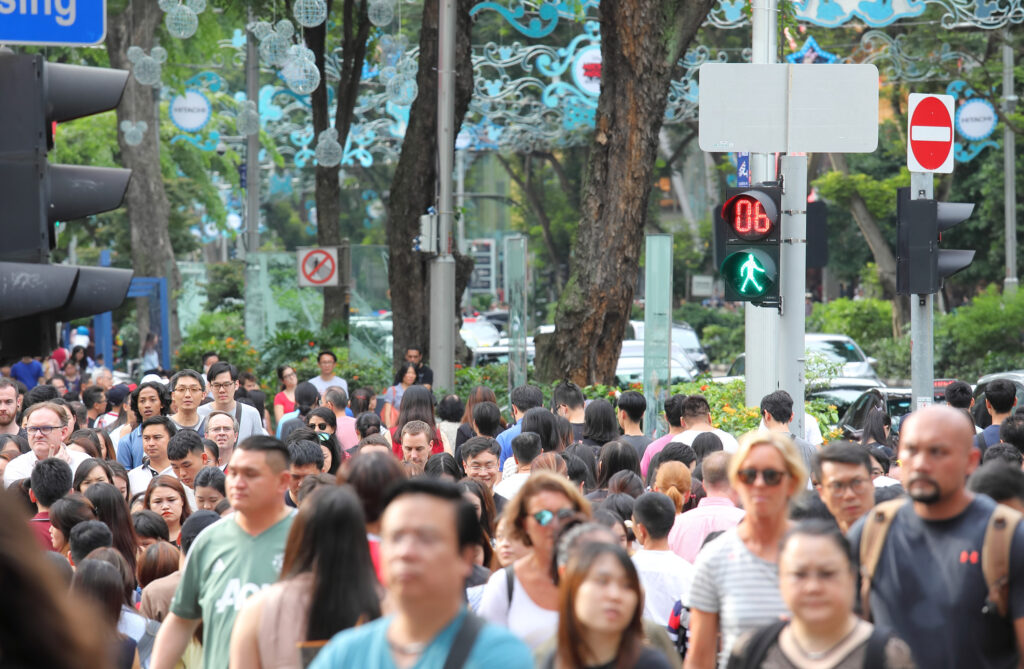
Organisations face a cautious 2025 with slower hiring and wage growth expected as economic sentiment weakens, a Singapore Business Federation survey shows.
KPMG in Singapore blends AI with human touch to revolutionise talent acquisition
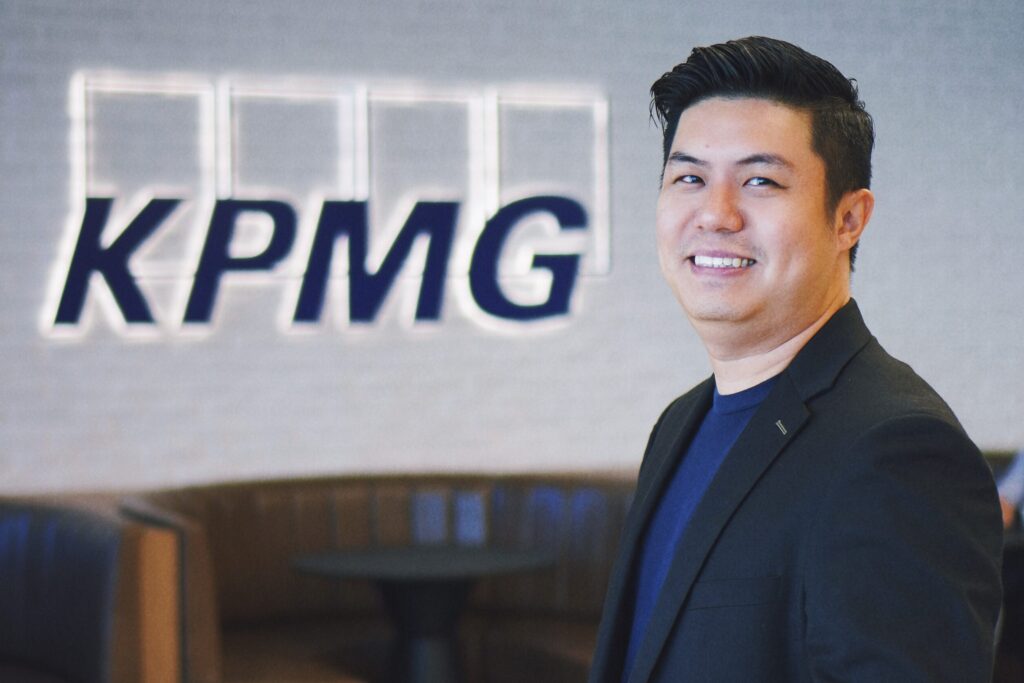
With AI handling routine tasks, KPMG saved 50+ recruiter days and raised candidate satisfaction to 88% in three months.
Malaysia tables landmark gig workers bill to safeguard 1.2 million workers
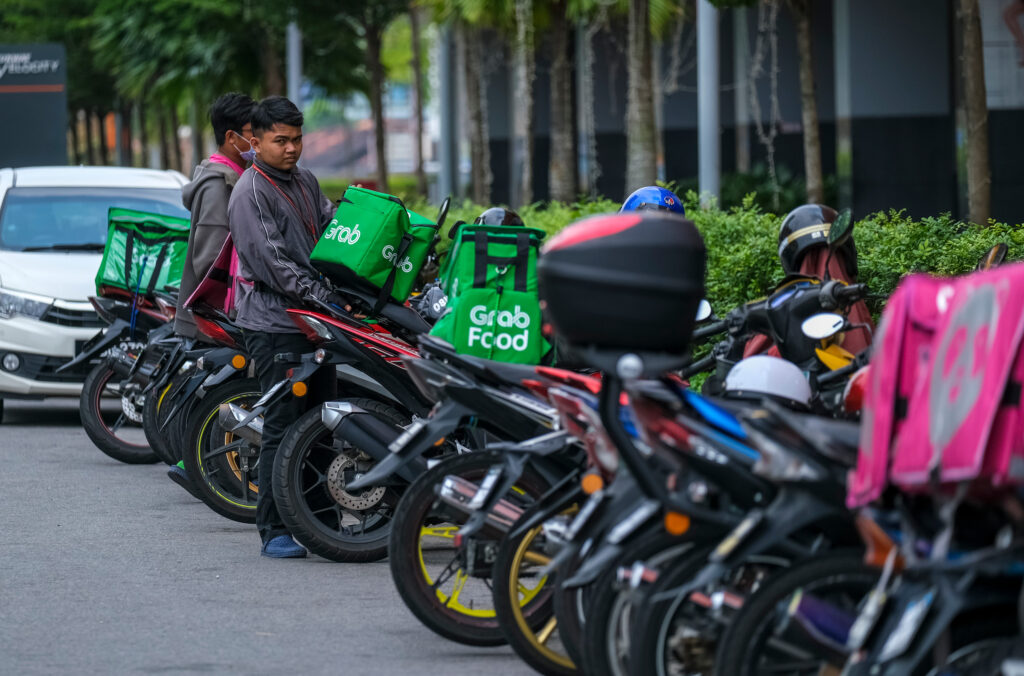
The Gig Workers Bill promises stronger social protection, fairer contracts, and dispute resolution for 1.2 million Malaysians in flexible work.
Gen Z’s “AI natives” demand a hybrid workplace
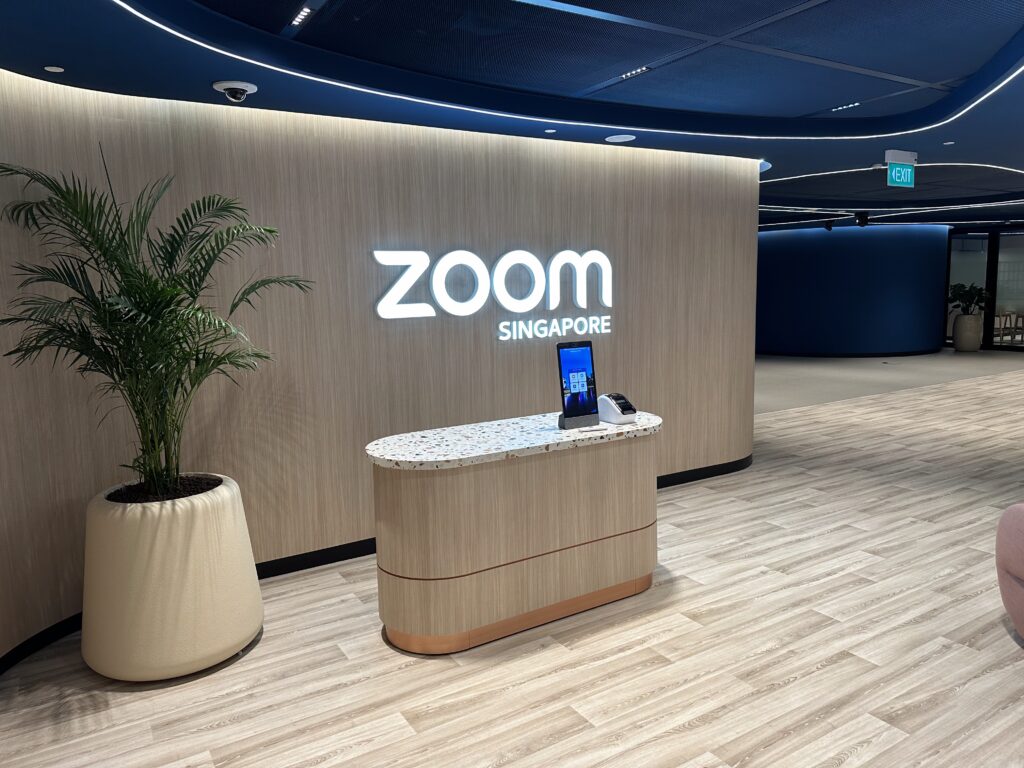
Growing up with AI, Asia-Pacific’s young workforce demands seamless technology integration without losing the human touch in every interaction.
Malaysia weighs raising retirement age to 65 while safeguarding youth employment

Plans to raise Malaysia’s retirement age to 65 highlight efforts to balance older employees’ continued participation with employment prospects for graduates.
The next big leap for Singapore’s leadership talent

Amid shifting rules across the globe, Singapore’s executives must move beyond regional comfort zones and step onto the world stage.
Over half of South Korea’s workforce now uses GenAI

Generative AI penetrates South Korea’s workforce faster than the US, with employees spending significant hours boosting productivity and skills.
CHRO Thailand: Driving innovation, growth, and human-centric leadership
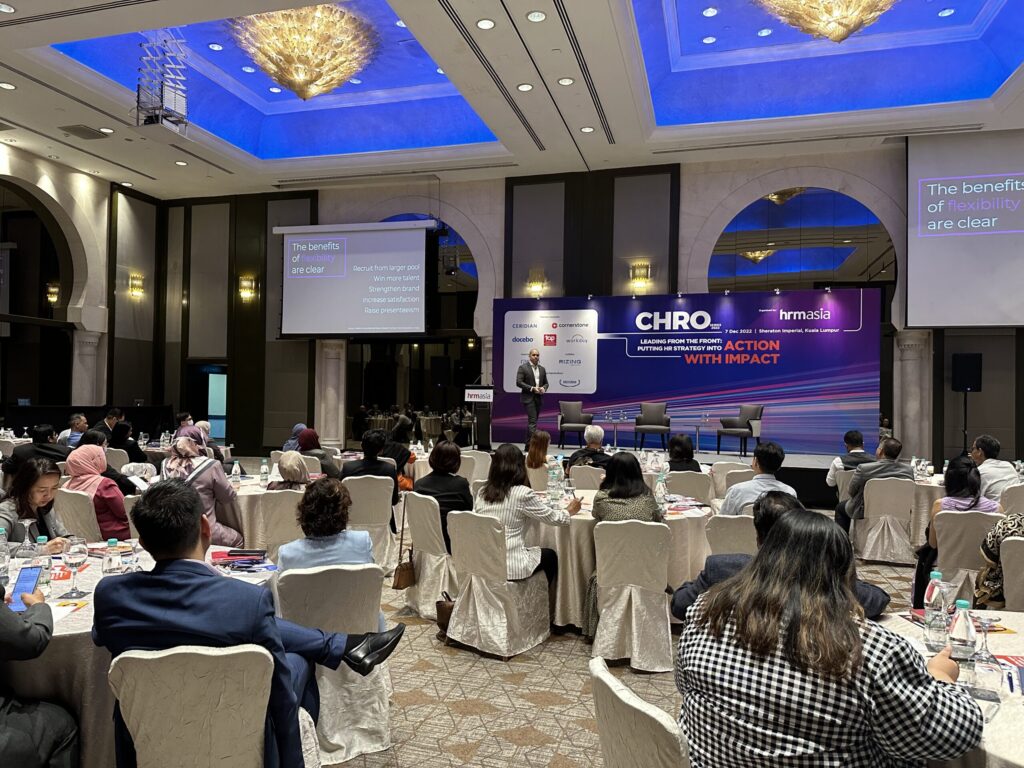
CHRO Thailand 2025 will unite top HR leaders to explore AI, digitalisation, wellbeing, and workforce agility shaping the future.
Hasty AI adoption threatens employee wellbeing and trust

Rapid AI integration may harm employee morale, mental health, and safety unless organisations prioritise human-centred strategies, warns the Australian Psychological Society.
Policy shifts keep more seniors in Singapore’s workforce, study finds

Singapore’s higher retirement and re-employment ages are keeping more seniors at work, boosting employment rates and easing labour market pressures.
Inaugural CHRO Thailand to explore AI’s impact on workforce and leadership

CHRO Thailand 2025 debuts in Bangkok, bringing top HR leaders together to explore AI, innovation, and people-first transformation.
Singapore launches economic review with a focus on human capital

Singapore has launched a major economic strategy review, placing strong emphasis on empowering employees with future-ready skills and resilience.
Malaysia explores raising public sector retirement age to 65

The country is taking steps to futureproof its workforce and social systems as it anticipates the challenges of a rapidly ageing population.
Rethinking resilience: Hybrid work becomes a cornerstone for organisations globally
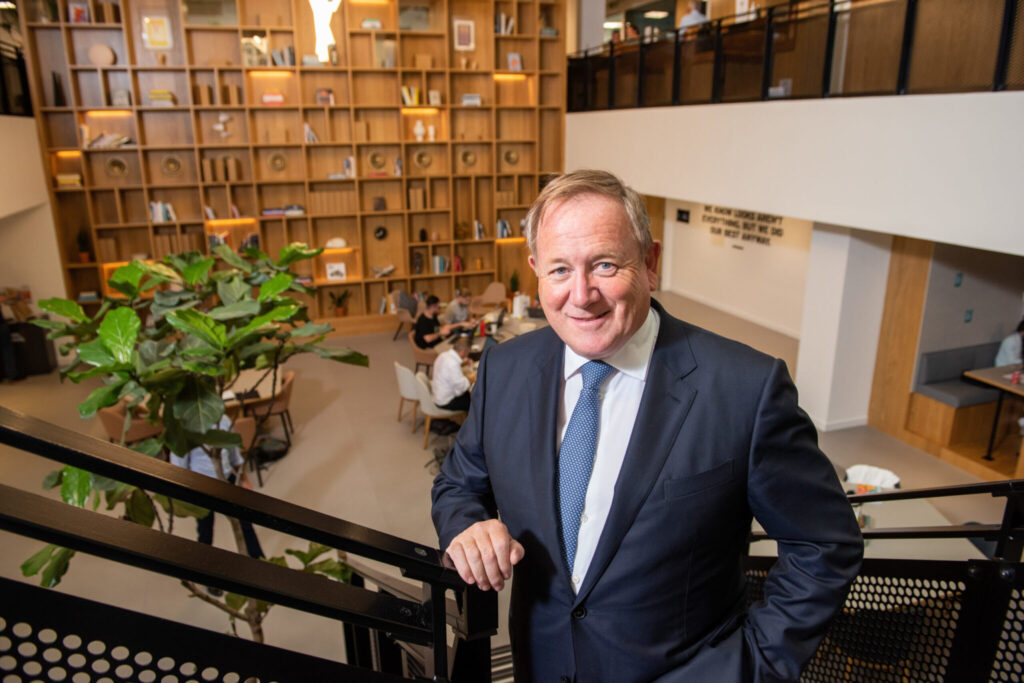
Mark Dixon of IWG says CEOs are embracing hybrid work to drive growth, cut costs, and build resilience amid ongoing economic volatility.
Employers in Malaysia expect AI to create jobs

Malaysia’s HR Minister says AI is generating job opportunities and urges employees to upskill rather than fear technological disruption.
When AI outthinks, leaders must out-empathise: The new mandate for human connection

AI may drive efficiency, but Elayne Gan of Dow Jones believes the future of leadership lies in trust, empathy, and human insight.
Generational divide deepens as South Korea considers raising retirement age to 65

Younger employees fear stalled career prospects while older employees push for extended workforce participation.
A growing blind spot: Are HR professionals sidelining experienced employees?

More employers now label 51-year-olds as “older,” raising ageism concerns amid Australia’s worsening skills shortage, a new report finds.
Asia-Pacific salary budgets inch up as organisations prioritise strategic talent investments

Strategic workforce planning gains traction as organisations prioritise targeted compensation, retention, and resilience across Asia-Pacific.
Thailand HR Tech 2025 champions a ‘people-first’ approach to AI and workplace trust
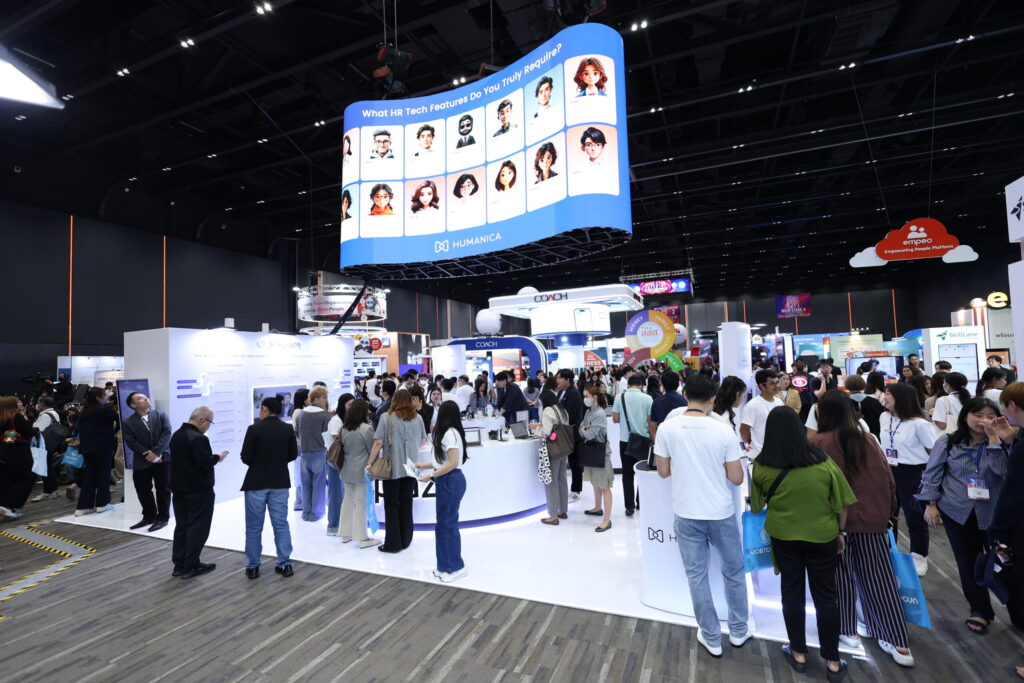
The Thailand HR Tech Conference & Exposition 2025 in Bangkok showcased how technology, trust, and talent must evolve together to create more human-centred, sustainable workplaces in the AI era.
